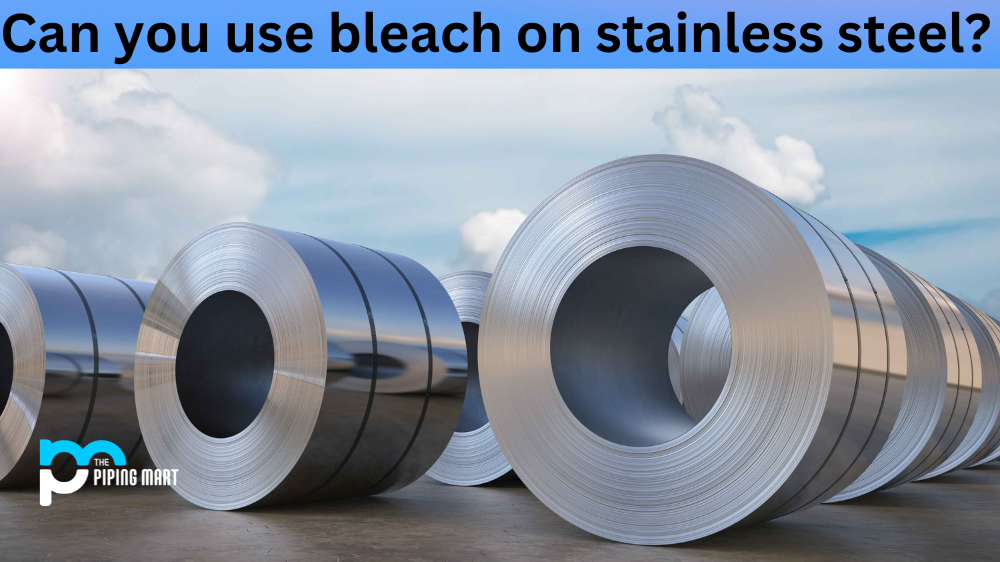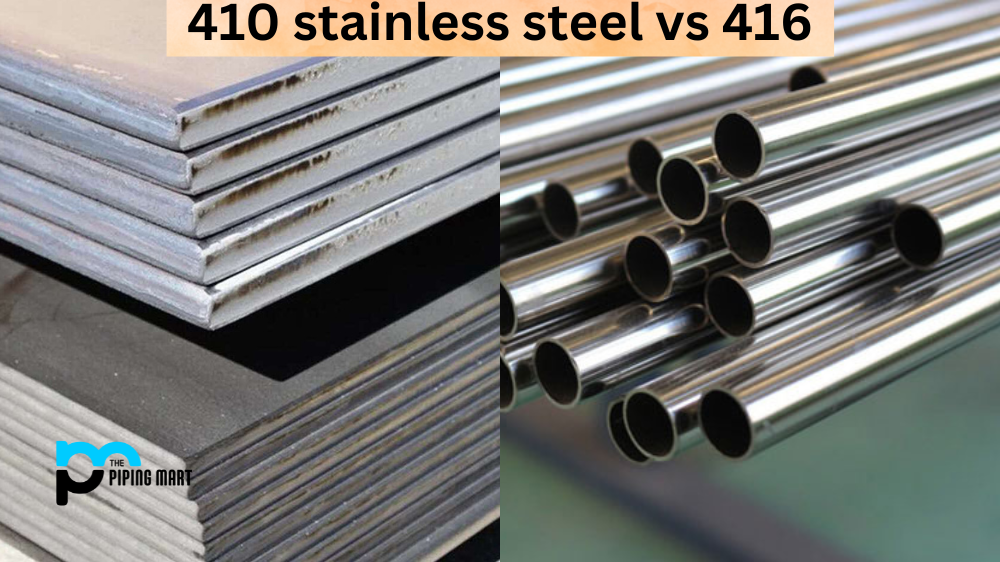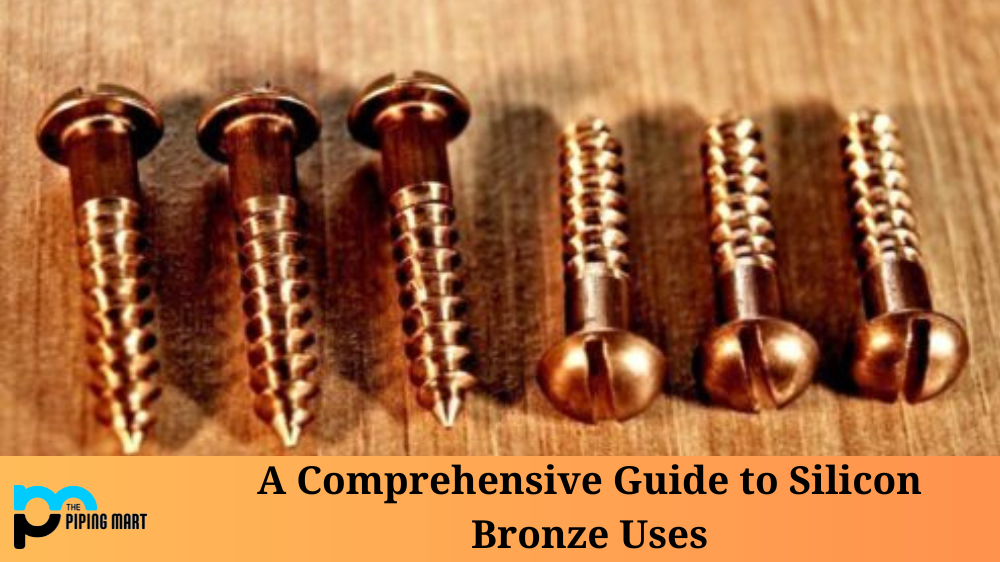Stainless steel is a common material used in appliances, cookware, and other items around the home. It’s also one of the most difficult materials to clean properly. While you may want to use bleach as a part of your cleaning routine, it’s important to know when it’s safe to do so and when it can actually cause damage. Let’s take a look at why bleach shouldn’t be used on stainless steel and some alternative cleaning methods you can use instead.
Why You Shouldn’t Use Bleach on Stainless Steel
Bleach is a powerful cleaner that has many uses, but it isn’t suitable for every surface. In fact, using bleach on stainless steel can actually cause more harm than good over time. This is because bleaching agents are corrosive and will break down the protective surface layer on stainless steel. This leaves the metal exposed to further damage caused by moisture or other contaminants in the environment. Additionally, bleach is not effective against bacteria or mold present on the surface of stainless steel, which means that while it may make your surface look clean, it won’t actually sanitize it and keep it safe from harmful microbes.
Alternative Cleaning Methods
Luckily, there are plenty of other ways you can safely and effectively clean stainless steel surfaces without resorting to bleach. A mild dish soap solution works well for everyday cleaning as long as you rinse off any residue afterward with warm water and dry with a soft cloth or paper towel. If you have stubborn stains or burnt-on food particles that won’t come off easily with soap and water, baking soda makes an excellent natural abrasive cleaner that will help remove those tough spots without damaging the metal’s protective layer like bleach would. For even tougher stains, you can use white vinegar, which has natural disinfectant properties along with its cleaning power. Make sure you always wipe away any residue after using vinegar before drying with a soft cloth or paper towel for best results!
Conclusion:
When it comes to cleaning stainless steel surfaces in your home, bleach should never be used due to its corrosive nature, which can break down the protective layer on the metal over time. Instead, opt for mild soapy solutions or natural abrasives such as baking soda or white vinegar, which are much safer alternatives that won’t damage your surfaces while still providing effective cleaning power! Taking these extra steps will ensure that your stainless steel surfaces stay looking new for years to come!




